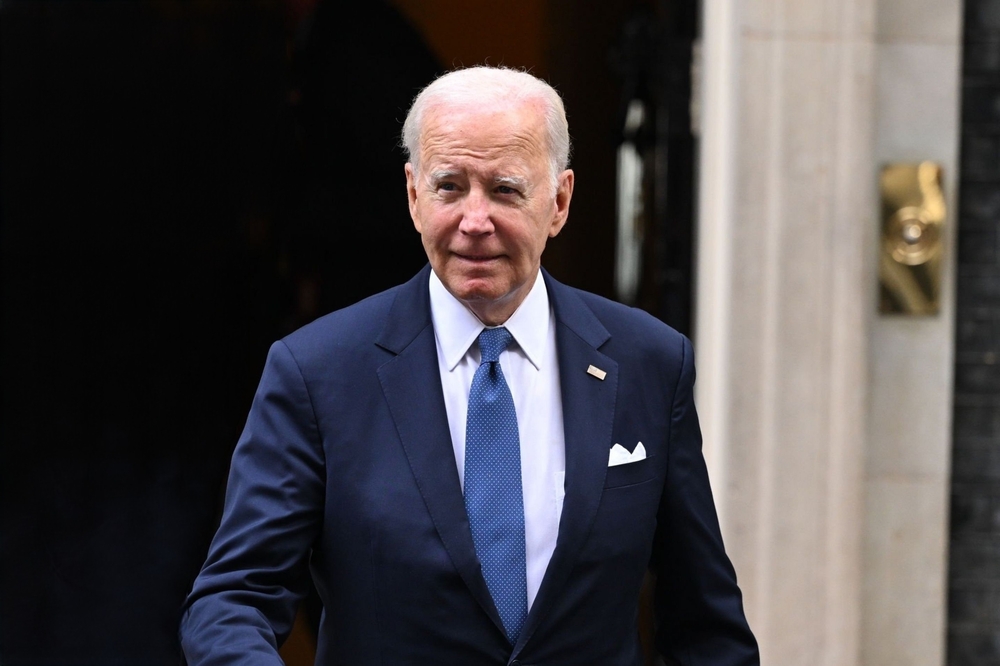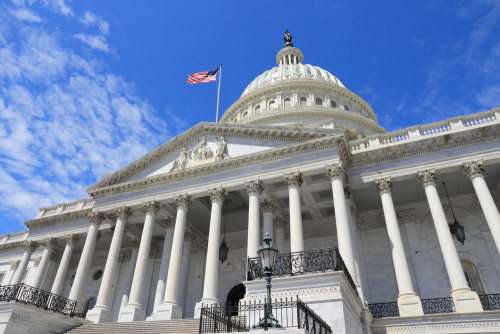Chancellor Friedrich Merz’s daring policy shift permits German weapons to strike Russian territories, raising tensions and speculation about an impending climax.
At a Glance
- Germany, UK, France, and the US lifted weapon range restrictions for Ukraine to combat Russia.
- Merz’s announcement intensifies the conflict landscape, allowing Ukraine to target Russian positions.
- Kremlin views this as a threat to peace efforts, labeling the move “dangerous.”
- Germany refrains from disclosing details of weapons supplied to Ukraine, maintaining strategic ambiguity.
- Merz aligns with Western allies, emphasizing there are no weapon range restrictions now.
Germany’s Policy Shift: New Era in Arms Supply
German Chancellor Friedrich Merz has thrown a political curveball by lifting restrictions on weapon ranges for Ukraine. This dramatic shift nullifies prior limitations set to avoid conflict escalation. Alongside France, the UK, and the US, Germany now permits Ukraine to target Russian positions, marking an alliance against Russian aggression. By authorizing this move at the WDR Europaforum 2025, Merz aligns Germany with its Western allies.
This new policy presents a considerable departure from previous restraint-focused strategies. The country’s previous administration hesitated to supply long-range weaponry like the Taurus missiles, fearing increased tensions. It seems Germany, now under Merz, supports bolder decisions, potentially leveling the playing field for Ukraine in its ongoing conflict with Russia. Strategic ambiguity prevails, as Germany declines to disclose specific arms deals with Ukraine.
Kremlin’s Response: Echoes of Discontent
The Kremlin has denounced Germany’s decision as reckless, as evidenced by Dmitry Peskov’s statement, expressing profound concern. Lifting restrictions could exacerbate tensions with Moscow and upend diplomatic prospects. Despite ongoing calls for negotiation, Moscow intimates any missile attack using German-sourced weaponry links Berlin directly to the conflict. Some European leaders fear an escalation into a broader conflict, should Ukraine take advantage of these extended capabilities.
“a rather dangerous decision” – Spokesperson Dmitry Peskov.
By allowing Ukraine access to long-range capabilities, there’s now a strategic advantage against Russian advances. The authorization follows similar strides made by the UK, US, and France in supplying long-range weaponry to Ukraine. This supportive stance contrasts with earlier caution from the West, heralding a shift toward unity and decisive action.
The Western Alliance: Unity in Uncertainty
Merz upholds the sentiment. “We will do everything in our power to continue supporting Ukraine,” declares the Chancellor. This clear-cut policy change underscores a united Western front, unencumbered by geographic and range limitations. The support extends to previously hesitant allies, reflecting an alignment of interests in countering Russia. However, ambiguity persists over whether Germany will furnish Ukraine with Taurus missiles, as the focus shifts to operational strategy over diplomatic propriety.
“There are no longer any range restrictions on weapons… neither by the British nor by the French nor by us nor by the Americans.” – Friedrich Merz.
As Ukraine’s President Zelensky prepares to meet Merz in Berlin, anticipation mounts over the next course of action. Mere days away from the meeting, it’s clear that Merz has steered Germany into a dynamic position, busting the previous administration’s cautious stance and opening doors for periphery strategic maneuvers that were previously unexplored in this protracted conflict.






